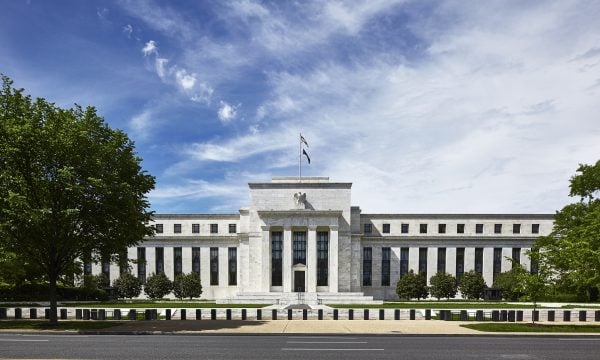Arthur Hayes’ Maelstrom fund has just unveiled a new Bitcoin grant program aimed at propelling the technical development of the world’s first blockchain network. This initiative, known as the Maelstrom Bitcoin Grant Program, will offer developers grants ranging from $50,000 to $150,000 on an annual basis. Impressively, individual developers could potentially stack these grants up to a total of $250,000.
The goal of this program is to support Bitcoin open-source developers and promote advancements in the network’s resilience, scalability, censorship resistance, and privacy. In their announcement, Maelstrom emphasized their commitment to a transparent and open grant process.
Maelstrom, a family office fund led by crypto entrepreneur Arthur Hayes, is dedicated to investing in decentralized technologies. Hayes is also known as the former CEO of BitMEX, a prominent cryptocurrency exchange.
The grants are designed to encourage developers to contribute to Bitcoin’s technical development, specifically focusing on the Bitcoin Core software project. Grants will be distributed in Bitcoin, Circle’s USD Coin (USDC), and Tether USD (USDT), with awards expected as early as the third or fourth quarter of 2024. Developers interested in applying must submit their applications by August 25.
This year has seen renewed interest in Bitcoin development, partly due to the launch of U.S. spot Bitcoin exchange-traded funds (ETFs) and the April 2024 Bitcoin halving event. The grant program from Maelstrom could spark more innovation in Bitcoin-native decentralized finance (DeFi), also known as Bitcoin DeFi or BTCFi. This movement seeks to add more utility to the Bitcoin network, highlighted by the recent launch of Runes, a new protocol for issuing fungible tokens on Bitcoin.
According to Rich Rines, a Core DAO contributor, Bitcoin DeFi emerged from a desire to enhance the utility of Bitcoin, which has evolved from a peer-to-peer electronic cash system to a store of value protecting $1.5 trillion of wealth. The rise of protocols like Ordinals, BRC 20s, and now Runes showcases the ongoing effort to add more functionality to the Bitcoin network.


